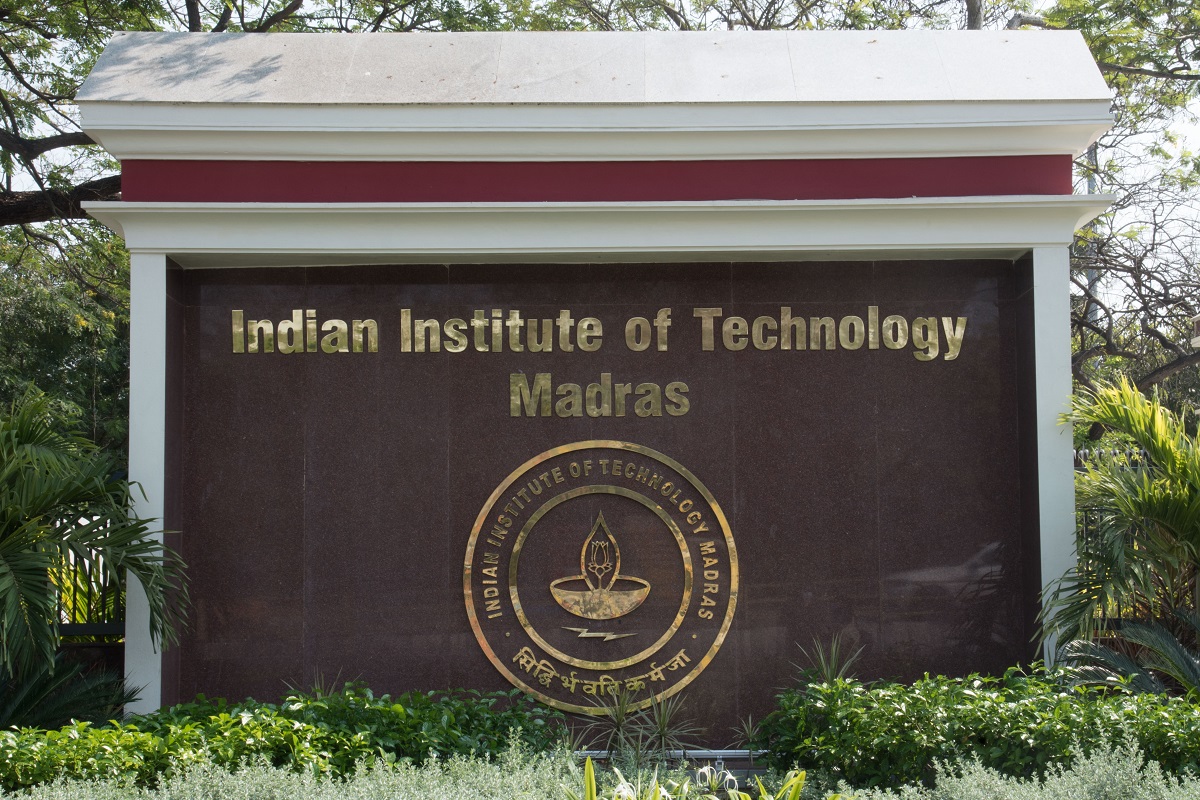Researchers at the Indian Institute of Technology-Madras (IIT-M) have proposed a multimodal approach to quantify climate model uncertainty, providing reliable climate change estimates crucial for informed planning and management. The team, led by Professor S. Mohan from the Department of Civil Engineering, studied four Indian regions: Coimbatore, Rajkot, Udaipur, and Siliguri, demonstrating the need for this approach.
Global climate models (GCMs), used by researchers worldwide and informed by Intergovernmental Panel on Climate Change (IPCC) reports, are primary tools for predicting future climate impacts. However, these models fall short for regional climate assessments. To address this, the IIT-Madras team utilized multimodal climate data, highlighting uncertainties in future projections, natural variability, model uncertainty, and aerosol forcing complexities.
The researchers employed two widely used models: Bayesian model averaging and reliability ensemble averaging (REA). The REA model, particularly useful for monsoon-prone regions like India, provides valuable insights into climate change projections. It leverages model bias in replicating present-day climate and projecting variations, allowing the calculation of weightage for each model. This approach yields dependable climate change estimates and effectively quantifies uncertainty among diverse models.
Based on the latest IPCC report, the study evaluated seasonal precipitation changes using an ensemble of 26 global climate models. The researchers found that GCMs performed poorly for skewed rainfall distributions. However, the REA method provided the most reliable estimates of climatic variable changes and quantified the uncertainty among various models.
This groundbreaking research, involving research scholar Akash Sinha, has been published in the peer-reviewed Journal of Water and Climate Change. The findings underscore the importance of multimodal approaches for accurate regional climate assessments and informed climate-related decision-making.

